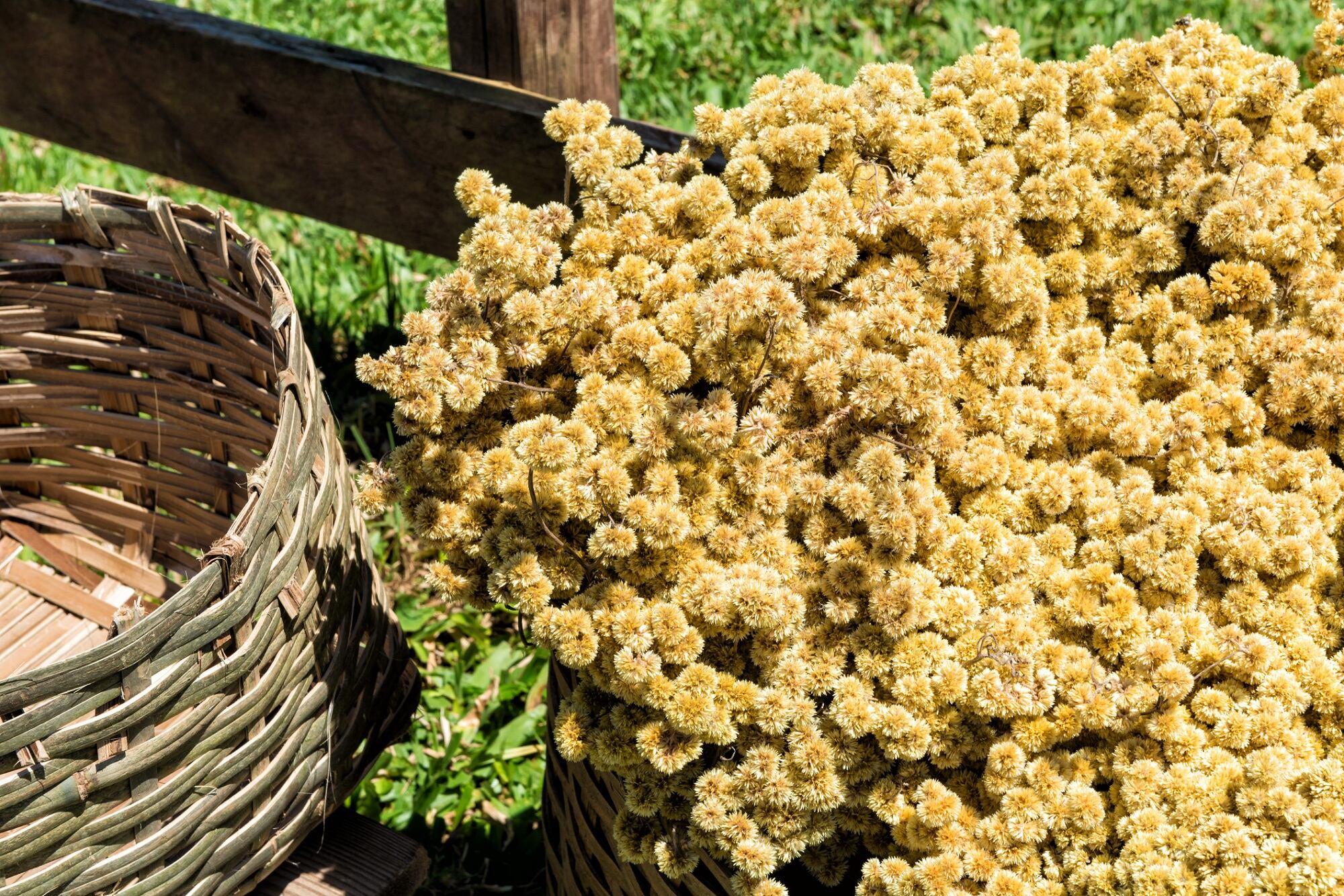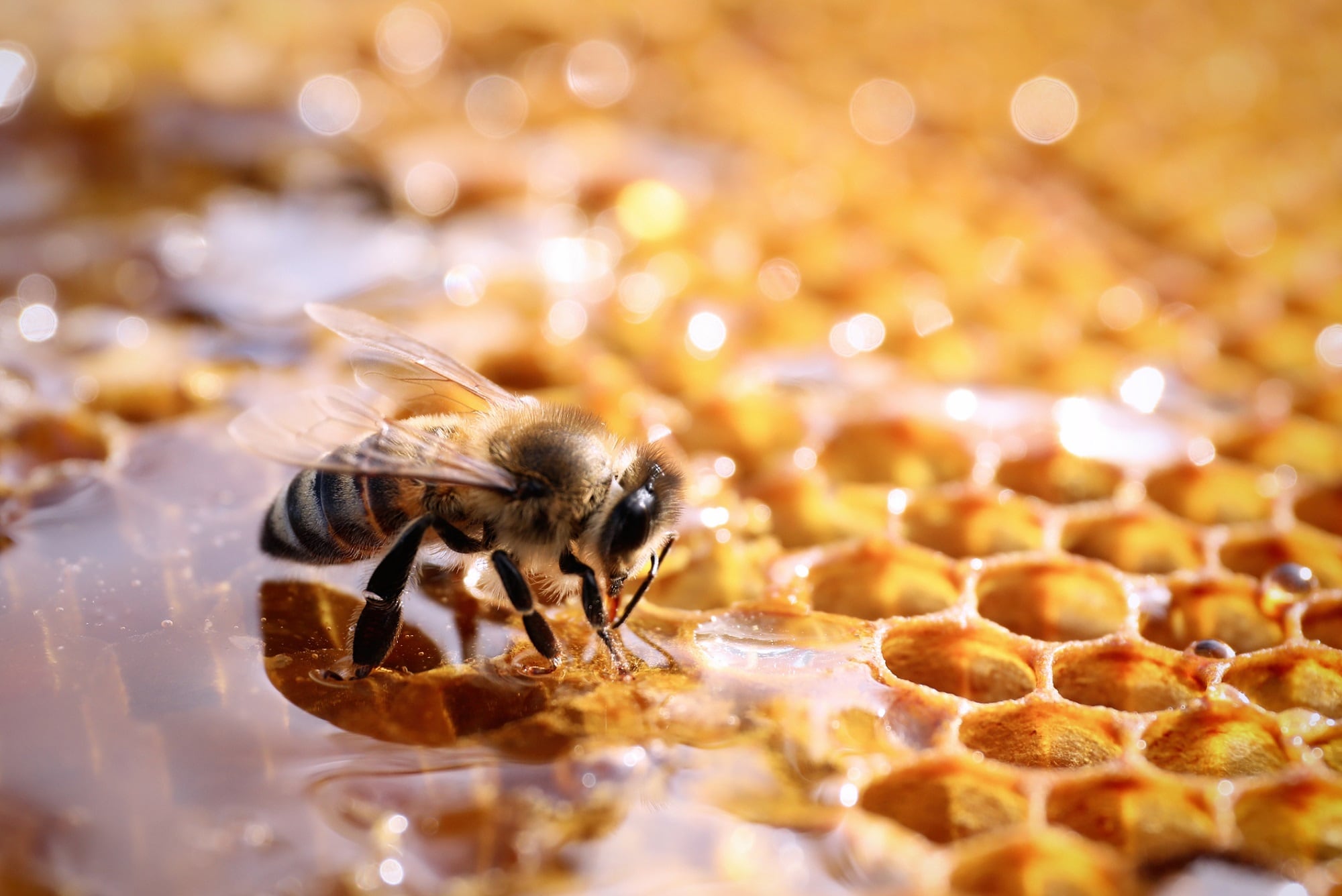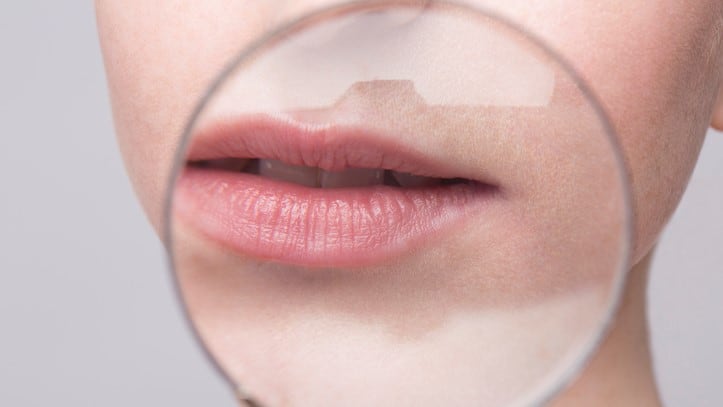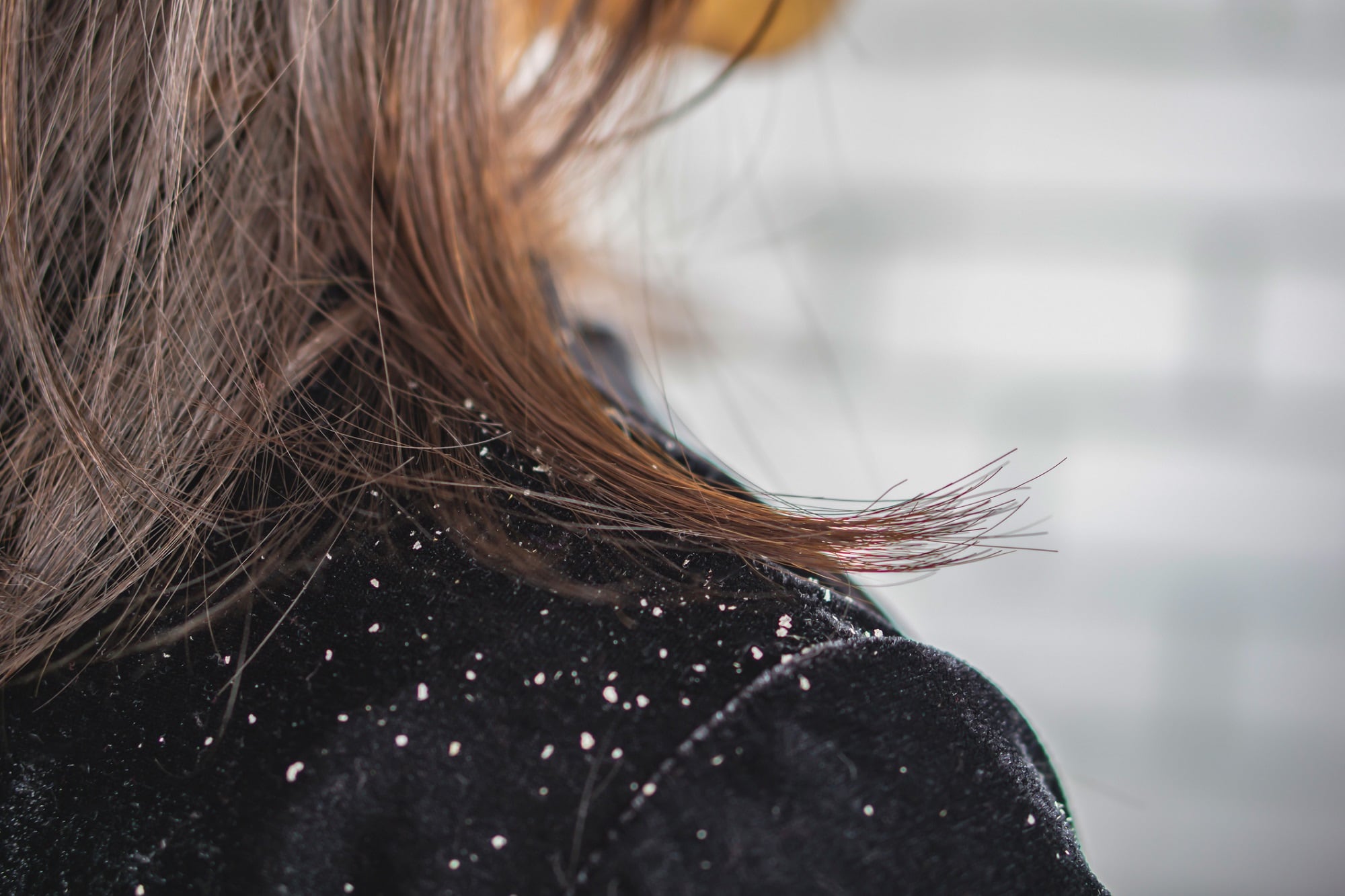A study published in Plants found a South American herb, Achyrocline saureioides, could replace preservatives in cosmetic preparations and offer antimicrobial benefits.
The authors tested a hydro-alcoholic extract of A. saureioides, sometimes called “macela,” against four strains of bacteria. The extract showed antimicrobial action against each one.
Commonly used preservatives can cause adverse health effects or allergies to cosmetic products. Natural additives like the extract tested in this study can replace synthetic preservatives and create a better product.
Benefits of A. saureioides
A. saureioides has been used in traditional medicine in South America for its antioxidant, antimicrobial, and anti-inflammatory effects. It contains photoprotective abilities as well. However, the antimicrobial and antioxidant activity depends on how the extract is formulated.
Flavonoids within A. saureioides are responsible for its bioactive functions. The main flavonoids identified include quercetin, 3-O-methylquercetin and luteolin. These help to absorb reactive oxygen species and prevent skin damage.
The four strains of bacteria included E. coli, Staphylococcus aureus, Staphylococcus epidermidis, and Lactobacillus acidophilus.
Testing antimicrobial action
The authors prepared two emulsions with the lyophilized hydro-alcoholic extract, the first containing 1% and the second containing 2% A. saureioides. The antimicrobial activity differed significantly between the two emulsions.
Emulsion 1 exhibited antimicrobial action against all four tested bacteria, while Emulsion 2 only did for Staph. epidermis and L. acidophilus. Emulsion 1 contained Emulfeel SGP, an emulsifier containing three components that have exhibited antimicrobial or antiseptic action in previous studies.
Emulfeel itself did not show an inhibition zone for the bacteria but did enhance the antimicrobial activity of Emulsion 1.
“It can therefore be concluded that the Emulfeel SGP components have a synergistic effect with the phenolic substances contained in the extract,” the authors write. “Thus, the antimicrobial activity of the emulsion is significantly increased."
Further, wrote study authors, "the A. satureioides hydro-alcoholic extract could be used as a safe hypoallergenic natural preservative, or as a substance to reduce the amount of other preservative ingredients present, while maintaining antimicrobial activity.”
Although the extract showed antimicrobial activity against all four bacteria strains, the activity against Lactobacillus acidophilus was too strong, eliminating the possible use of the extract for feminine hygiene.
A cytotoxicity assay for the A. satureioides extract showed no cytotoxicity and increased cell viability of keratinocytes. The authors write, “... very favorable effects on cell proliferation and renewal were observed.” The extracts were also tested for allergens, and the results were below the EU legislative limit.
“Thus, it could be possible to limit the amount of preservatives necessary to maintain the microbiological stability of the cosmetic product,” the authors write. “Moreover, the high antimicrobial activity of A. satureioides extract can be considered an additional biological activity.”
Source: Plants
2023, 12(10), 2027; https://doi.org/10.3390/plants12102027
Title: “Achyrocline satureioides Hydro-alcoholic Extract as a Hypoallergenic Antimicrobial Substitute of Natural Origin for Commonly Used Preservatives in Cosmetic Emulsions”
Authors: Langova, D., et al.




